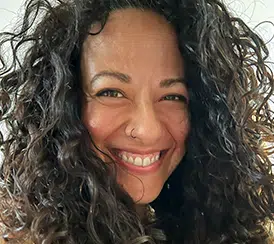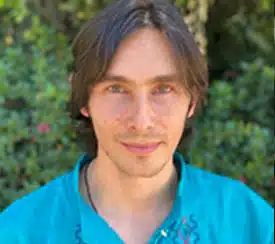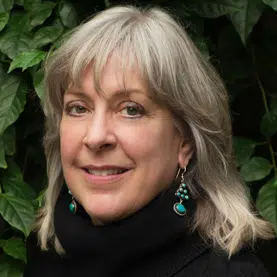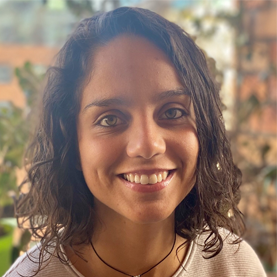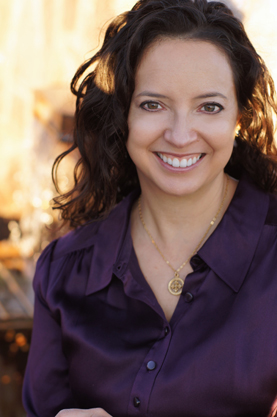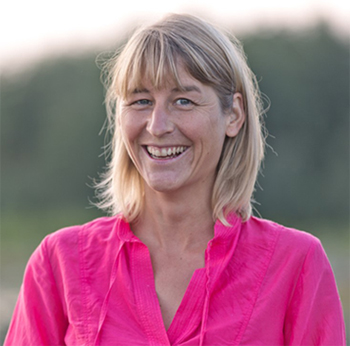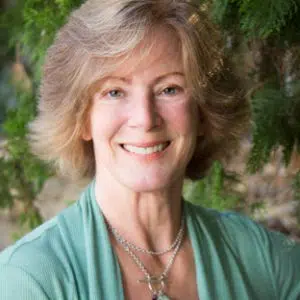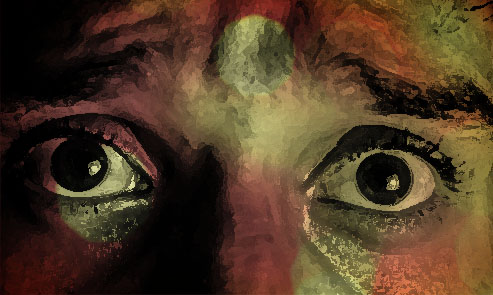
From a very young age, we fall under the spell of powerful fables that influence the way we perceive the world and, consequently, the choices we make every day. The Judeo-Christian traditions have left us with compelling legends that linger in what the psychiatrist Carl Jung called the collective unconscious—the repository of ideas and memories shared by our species.
The collective mythology runs so deep that we seldom stop to think, This story has gotten old. It generally takes global crises, game-changing technologies, and radical discoveries to replace old myths with new ones.
For example, for a long time, Christians believed that the story of Creation as told in the Bible was the only available explanation of how humans came to appear on the Earth. Then scientists discovered that there was another perspective, and Darwinian evolution began to influence our culture’s worldview.
Most of us have internalized the tale of being thrown out of paradise—separated from our divine Creator. This story permeates our lives whether we were raised in a religious home or not, causing a great deal of suffering. Because we buy into this story, we baptize babies, lest they suffer punishment for the stain of original sin that they were supposedly born with.
When we free ourselves from the myth of the fall from grace, we’re able to rediscover the original Eden in nature and feel comfortable in that home, even though we’ve been conditioned to think of it as awe-inspiring but frightening (unlike the protected, cultivated Garden of Eden).
As children we were taught that the forest is filled with witches and tricky wolves who prey on little girls and boys. As adults we believe that the great outdoors is populated by violent animals who would tear us limb from limb in an instant; and that Mother Nature is fickle and cruel, randomly attacking us with tsunamis, lightning storms, earthquakes, and tornados that violently snatch our loved ones away from us. We see nature as something to be conquered and tamed, like a well-pruned bush or meticulously manicured lawn. When we let go of this story, we discover that we never left the Garden of Eden.
Then again, while we may believe that God created nature, we don’t believe that divinity resides within the trees, the oceans, or the cliffs. We conceive of God as an entity residing in heaven and coming into our hearts only if we issue an invitation and truly humble ourselves. Or, we don’t believe in the divine at all and can’t imagine that the sacred might be present in every leaf, sidewalk, and drop of water. We forget that Jesus actually said that the kingdom of heaven is all around us.
The Laika believe that the kingdom of heaven is inside us, above us, below us, and all around us. It’s our inability to perceive it that makes us outcasts, and this blindness causes us to suffer. If we’re to experience Earth as a paradise, we must feel it in every cell and bone in a sacred way, from the level of hummingbird. The Laika call this ayni, or right relationship to nature. When we are in ayni, we don’t have to fear nature—we’re no longer part of their food chain. When we’re in ayni, paradise is our home; and physical, mental, and emotional health is our birthright.
Another persistent myth is a belief in evil as an independent principle in the universe. But far more compelling to me is the view that we live in a benevolent universe that will go out its way to conspire on our behalf―when we are in right relationship with it and when the hardware in our brain is able to sustain the experience of Oneness.
Then, there is the idea that eternal life is for only the chosen few—and that the priests hold our passports to heaven. Such a view would be inconceivable to the indigenous people I studied with. To them, death is simply a passage from one state to another, from our “particle” nature to our “wave” nature. Eastern philosophies like Buddhism hold a similar view: consciousness is undying, and paradise is an awakened state here and now.
The mythologist Joseph Campbell once said that what we call reality comprises only those myths and stories we haven’t quite seen through yet. Once we do so, we understand that they’re just fairy tales.
.
